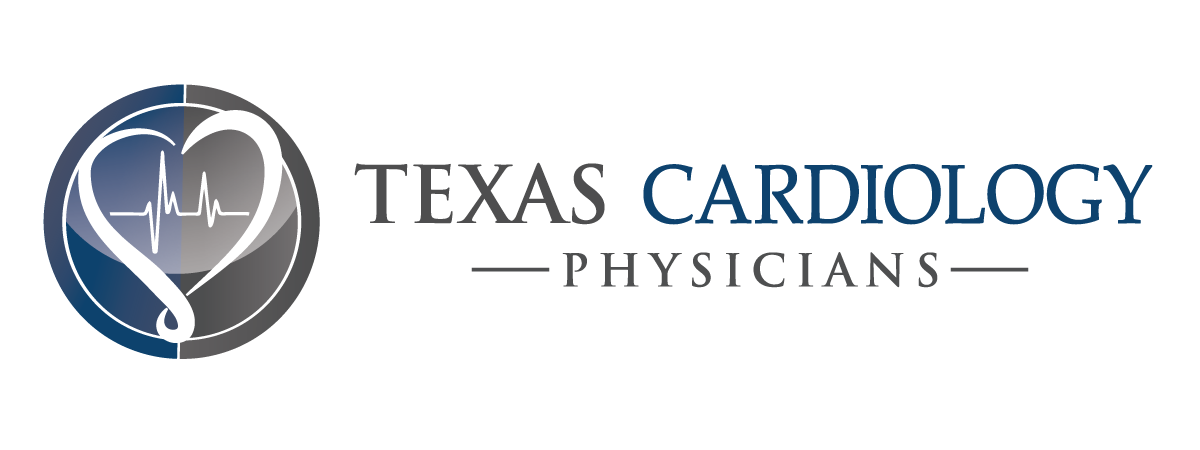Echocardiogram
Echocardiogram
An echocardiogram (echo) is a graphic outline of the heart’s movement. During an echo test, ultrasound (high-frequency sound waves) from a hand-held wand placed on your chest provides pictures of the heart’s valves and chambers and helps the doctor evaluate the pumping action of the heart.
Why do I need an Echo?

- Echocardiogram assesses the overall function of your heart.
- Determine the presence of many types of heart disease, such as valve disease, myocardial disease, pericardial disease, infective endocarditis, cardiac masses, and congenital heart disease
- Follow the progress of valve disease over time
- Evaluate the effectiveness of your medical or surgical treatments.
How long does An Echocardiogram Take?
An average echocardiogram will take around 20 minutes to 1 hour to complete. Around 5 minutes will be spent on preparing and positioning the patient for the echocardiogram. 15 minutes on average will be spent acquiring the relevant images of the heart.
Can I drive after an echocardiogram?
You may feel drowsy from the sedative and will not be able to drive for 24 hours after the test. There’s also a small chance of the probe damaging your throat. During a stress echocardiogram, you may feel sick and dizzy, and you may experience some chest pain.
What should I wear for echocardiogram?
Wear loose, comfortable clothing that is suitable for exercise. Men usually don’t wear a shirt during the test, and women generally wear a bra and a lightweight blouse or a hospital gown. You should also wear comfortable walking shoes or sneakers.
Can I drink coffee or any caffeinated products?
On the day of the stress echocardiogram, do not eat or drink anything except water for four hours before the test. Do not drink or eat caffeinated products (cola, chocolate, coffee, tea) for 24 hours before the test. Caffeine will interfere with the results of your test
Can an echocardiogram detect clogged arteries?
An echocardiogram may show abnormalities in the walls of the heart supplied by those arteries. In cases of pericarditis, which is inflammation of the lining around the heart there may be fluid accumulation around the heart known as a pericardial effusion.
How long does An Echocardiogram Take?
An average echocardiogram will take around 20 minutes to 1 hour to complete. Around 5 minutes will be spent on preparing and positioning the patient for the echocardiogram. 15 minutes on average will be spent acquiring the relevant images of the heart.
Can I drive after an echocardiogram?
You may feel drowsy from the sedative and will not be able to drive for 24 hours after the test. There’s also a small chance of the probe damaging your throat. During a stress echocardiogram, you may feel sick and dizzy, and you may experience some chest pain.
What should I wear for echocardiogram?
Wear loose, comfortable clothing that is suitable for exercise. Men usually don’t wear a shirt during the test, and women generally wear a bra and a lightweight blouse or a hospital gown. You should also wear comfortable walking shoes or sneakers.
Can I drink coffee or any caffeinated products?
On the day of the stress echocardiogram, do not eat or drink anything except water for four hours before the test. Do not drink or eat caffeinated products (cola, chocolate, coffee, tea) for 24 hours before the test. Caffeine will interfere with the results of your test
Can an echocardiogram detect clogged arteries?
An echocardiogram may show abnormalities in the walls of the heart supplied by those arteries. In cases of pericarditis, which is inflammation of the lining around the heart there may be fluid accumulation around the heart known as a pericardial effusion.
